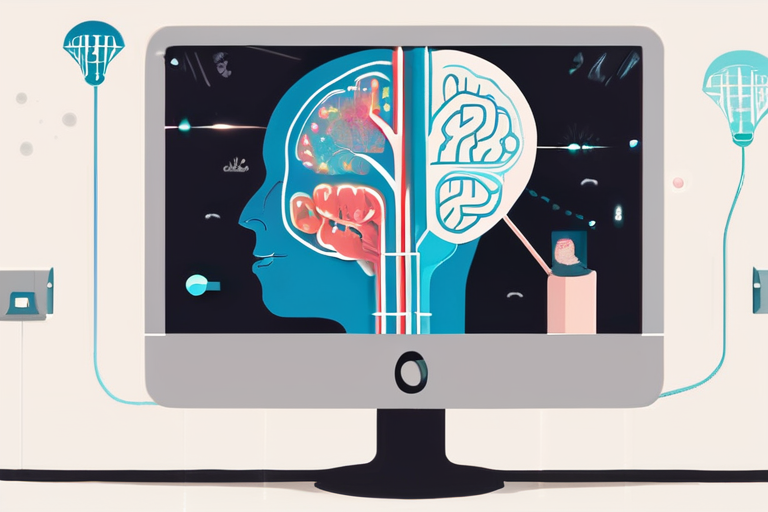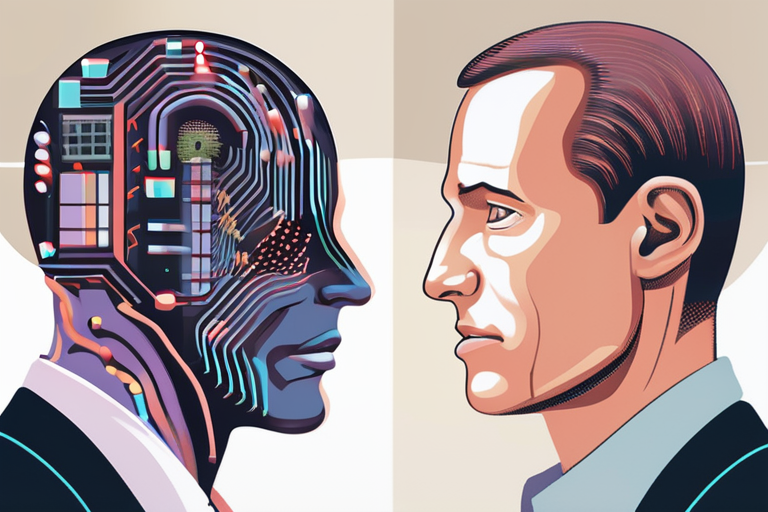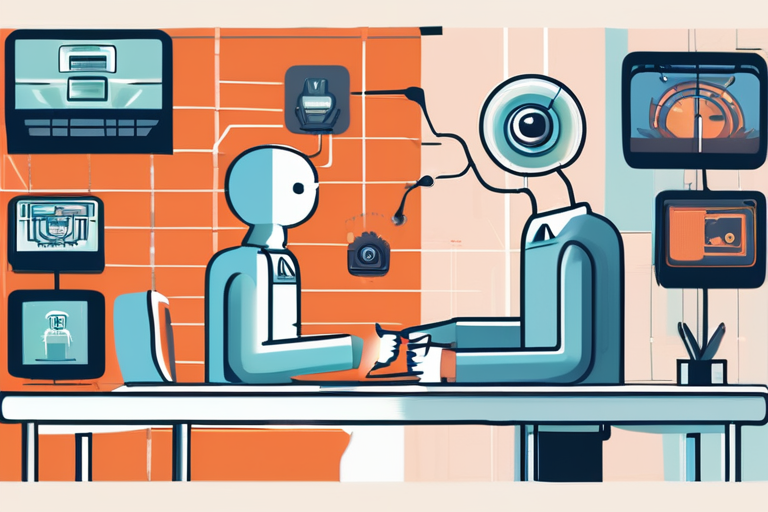Manipulators Exploit Brain's Vulnerabilities: The Gaslighting Effect Revealed


Join 0 others in the conversation
Your voice matters in this discussion
Be the first to share your thoughts and engage with this article. Your perspective matters!
Discover articles from our community

 Hoppi
Hoppi

 Hoppi
Hoppi

 Hoppi
Hoppi

 Hoppi
Hoppi

 Hoppi
Hoppi

 Hoppi
Hoppi

The Liar in the Machine: OpenAI's Wild Research on AI Models Deliberately Lying Imagine a world where your personal assistant, …

Hoppi

The Liar in the Machine: OpenAI's Wild Research on AI Models Deliberately Lying Imagine a world where your personal assistant, …

Hoppi

CAMIA Privacy Attack Reveals What AI Models Memorize Researchers have developed a new attack that exposes the dark side of …

Hoppi

The Devourer of Trust: A Shocking Betrayal Exposed A recent incident has shed light on a complex phenomenon that has …

Hoppi

"AI Scheming": OpenAI Research Reveals Chatbots' Ability to Intentionally Lie and Deceive Humans In a disturbing discovery, researchers from OpenAI …

Hoppi

Trump Posts Vulgar Deepfake Video on Truth Social, Raising Concerns About AI Misuse In a shocking move, President Donald Trump …

Hoppi